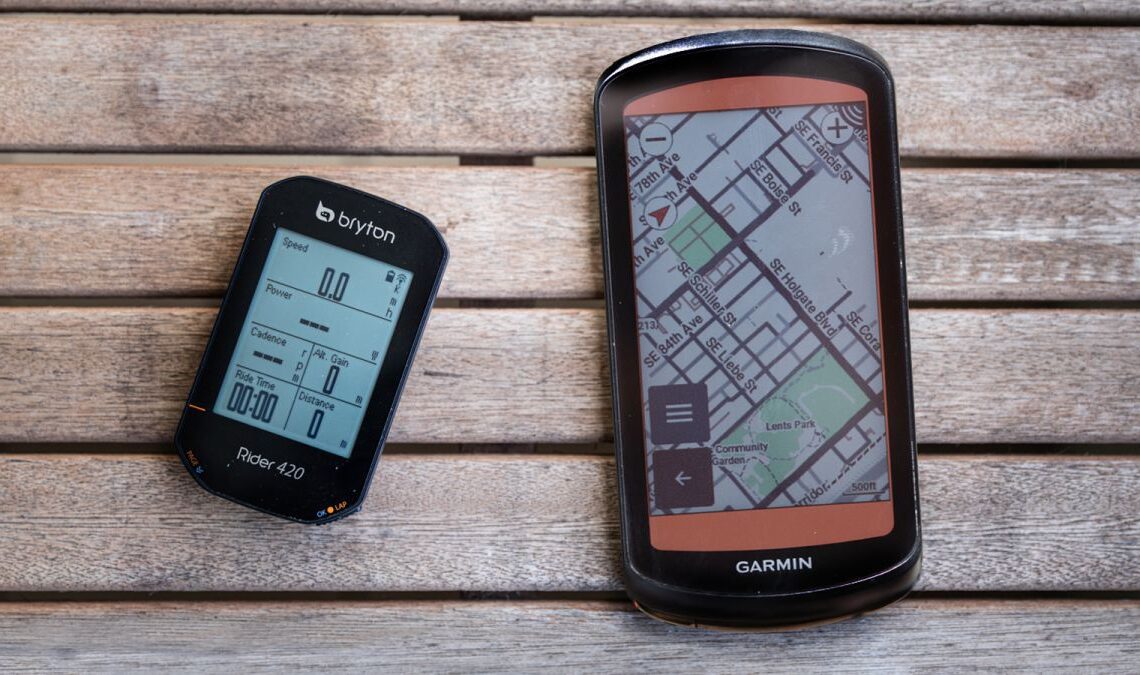Bike computers range from cheap devices that can display critical stats like speed, distance and time, to GPS-enabled navigation tools with smartphone-like features and connectivity. So whether you want to know how many kilometres you’ve racked up or to dive into the stats behind your ride, there will be a product for you.
With such a variance in available specs, it’s perhaps unsurprising that the price difference between the best budget cycling computers and their premium counterparts is quite high. Cheap options start at around £15 / $20, while the very best cycling computers can fetch up to £650 / $750, and even more when you factor in the sensors and mounts that help to extract their full potential.
It’s safe to say, then, that there’s a lot of variation when you compare cheap vs expensive bike computers, but there is also a lot of middle ground; computers that offer more features than a cheap computer, but not as many as the most premium options. The skill in buying the right cycling computer for your needs is to balance what features you need against what you’re willing to spend.
To that end, we’ve taken a look at the entire market to give you an idea of what you can expect at each price point, so you can choose the right one without paying for features you’ll never use.
Budget bike computers
Want to know how fast you’re going, how far you’ve come, and other important metrics like average speed or trip distance? A simple bike computer could be all you need. These devices use a fork-mounted sensor to count the revolutions of a magnet attached to one of your spokes.
The cheapest options will use a wire to transmit this data from your fork to the computer mounted on your bars, but you don’t need to spend much to find a computer that will transmit this data wirelessly to avoid cables and zip ties messing up the aesthetic of your bike. Data is then interpreted and displayed live as you ride while accumulating in the device for later review. In general, these self-contained devices won’t connect to your phone or a computer, so any data will remain locked inside. Of course, depending on your level of interest, this might not be a problem.
Typically running on coin-cell batteries, you’ll get months (if not years) of use before you need to replace these. Our favourite examples of the genre include the ridiculously cheap B’Twin 120 Wireless Cyclometer (rrp £14.99) and the slick-looking Cateye Quick wireless cycling computer (rrp…
Click Here to Read the Full Original Article at CyclingNews RSS Feed…

